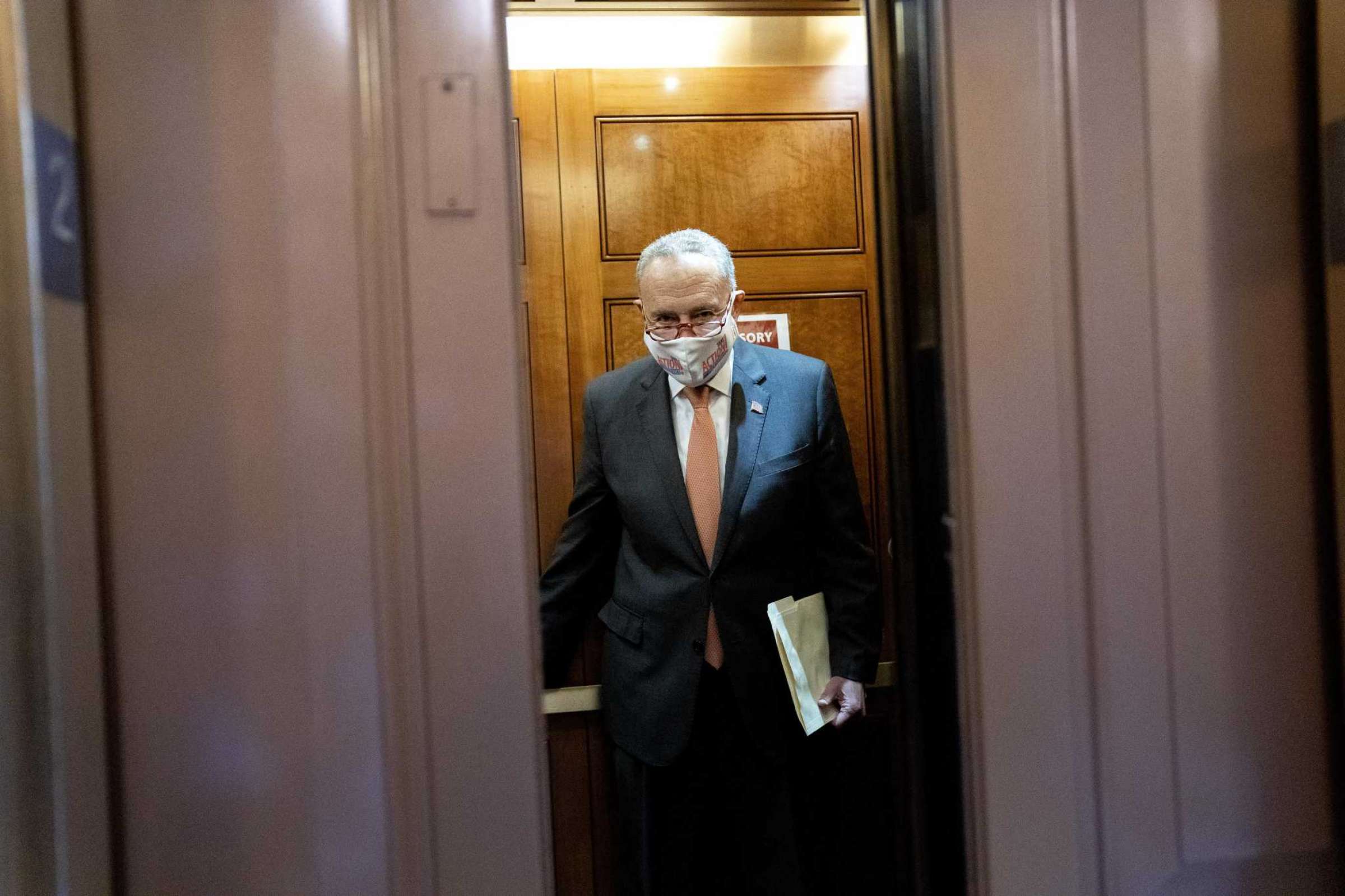This op-ed was originally featured in the Houston Chronicle.
Despite billions of federal dollars on the table, strong statewide public support and the ravages of COVID-19, Texas legislators have refused to expand Medicaid, the federal-state health insurance program that covers Americans with limited incomes.
They’re not alone. Texas is one of 12 states that have said no to Medicaid expansion. By opting out, these states have left approximately 2.2 million people — predominantly people of color — without any pathway to basic, life-saving health care coverage. They don’t qualify for traditional Medicaid programs, which cover only a small number of parents and exclude those without dependent kids entirely (Texas’ rules are the most stringent), but also earn too little to receive marketplace insurance subsidies under the Affordable Care Act.
Millions of people with low income remain uninsured simply because of where they live. Meanwhile, evidence shows that state expansions of Medicaid have provided health insurance for millions and improved their health while boosting state economies.
But the reality remains that these states — including Texas — are unlikely to expand coverage without federal action.
Now, however, Congress has a historic opportunity to enact a comprehensive and permanent solution to the Medicaid coverage gap. All Texans should keep a close eye on this debate.
Congress is considering two broad options as part of the budget reconciliation bill: Create a federalized Medicaid program for people in non-expansion states, or allow people currently excluded from Medicaid and ACA coverage to enroll in fully subsidized marketplace coverage.
A third, more specific proposal, the COVER Now Act, filed by Texas Rep. Lloyd Doggett, would allow counties and groups of counties to set up local or regional Medicaid expansion programs directly with the federal government, bypassing state approval. The counties and groups would apply for special Medicaid waivers that would grant them the same kind of federal funding available to states that have already expanded Medicaid.
Each of these approaches has its limitations and challenges. But each would be superior to the moral failure and structural racism represented by the status quo.
Texas holds the distinction of leading the country in the rate of uninsured — 18.4 percent in 2019 compared to nine percent nationally. In our majority-minority state, 75 percent of uninsured Texans who would have gained coverage from Medicaid expansion are people of color; more than 70 percent live below the poverty line.
These are the same folks who, throughout the pandemic, have rung up our groceries, prepared our food, delivered our packages, cared for our elderly and more. They kept our economy running, even though their jobs are disproportionately less likely to offer health insurance and have placed them at higher risk of getting COVID-19.
The critical need for health care coverage in communities of color has exacerbated during the pandemic. Not only did COVID-19 hit these communities harder, but they lost jobs at higher rates than white communities did and have economically recovered more slowly.
Similar patterns of racial disparities and hardship can be seen among the 11 other non-expansion states as well.
High rates of uninsurance affect more than those who are uninsured. In Texas, they pose a serious threat to our economy. Increased absenteeism and fewer skilled workers are bad for business, especially in the midst of a national labor shortage.
Congress can and should debate the specifics of the proposals available for closing the coverage gap, striving for the quickest and most cost-effective approach that covers the most people. Texans are watching how this debate plays out.
Opponents argue that covering the uninsured costs money. But members of Congress should be more concerned about the cost of inaction.
It’s entirely possible that Congress, like our own state legislature, will fail to do what’s needed. That said, this is a moment for leadership, and Congress should not allow this moment to pass.
